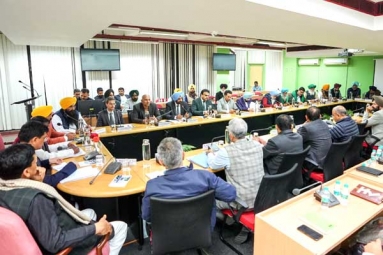
As several countries across the globe are tightening their visa rules, the Indian government has told countries in the Asia Pacific region that Indian-based companies have created at least 171,000 local jobs in 9 countries with very few Indians requiring work permits. The following issue was flagged recently nations negotiating the Regional Comprehensive Economic Partnership agreement.
The counties that participated in the agreement were China, South Korea, New Zealand, Japan, Australia and the ASEAN (Association of Southeast Asian Nations) countries.
While these countries are seeking steep reduction in import duties in India, they are unwilling to allow Indian IT professionals on work visas or even commit to easier investments rules for Indian companies.
The Indian government said that not only do Indian professional workers contribute to their companies, but companies such as Infosys, Wipro, TCS and HCL create thousands of jobs.
In recent years, visa restrictions have tightened up and the Indian government is accusing Singapore of turning its back on its commitment to allow Indian professional workers, despite committing to it in the bilateral trade and investment treaty.
Recently, Australia tightened its visa rules and abolished 457 visa program in a bid to check foreigners employees, prompting Indian Prime Minister Narendra Modi to raise the issue with his Australian counterpart Malcolm Turnbull.
According to sources, recently the Indian government had a interaction with officials of Indian-based companies operating in the Philippines. It came out that the Indian-based IT firms had created nearly 60,000 local jobs, but needed only 1,500-2,000 work permits.
The officials further said that despite the Philippine Economic Zone Authority allowing five percent nationals to work, if exports accounted for 70 percent of the business of a firm, visas were tough to come by for Indians. As a result, firms were forced to wait 15 days to get business visas, which often delayed the work progress.
India is demanding opening up of computer services during the negotiations so that it is not just easier but there is also a stable regime for Indian professionals. Similarly, the government has demanded easier rules in the audio-visual space, which will help Indian film producers, but the RCEP negotiators are reluctant to agree to it. Further, the proposal to have a travel card for Indian business travelers, allowing for seamless movement, is being blocked although the facility is available to Apec members.
AMandeep





















